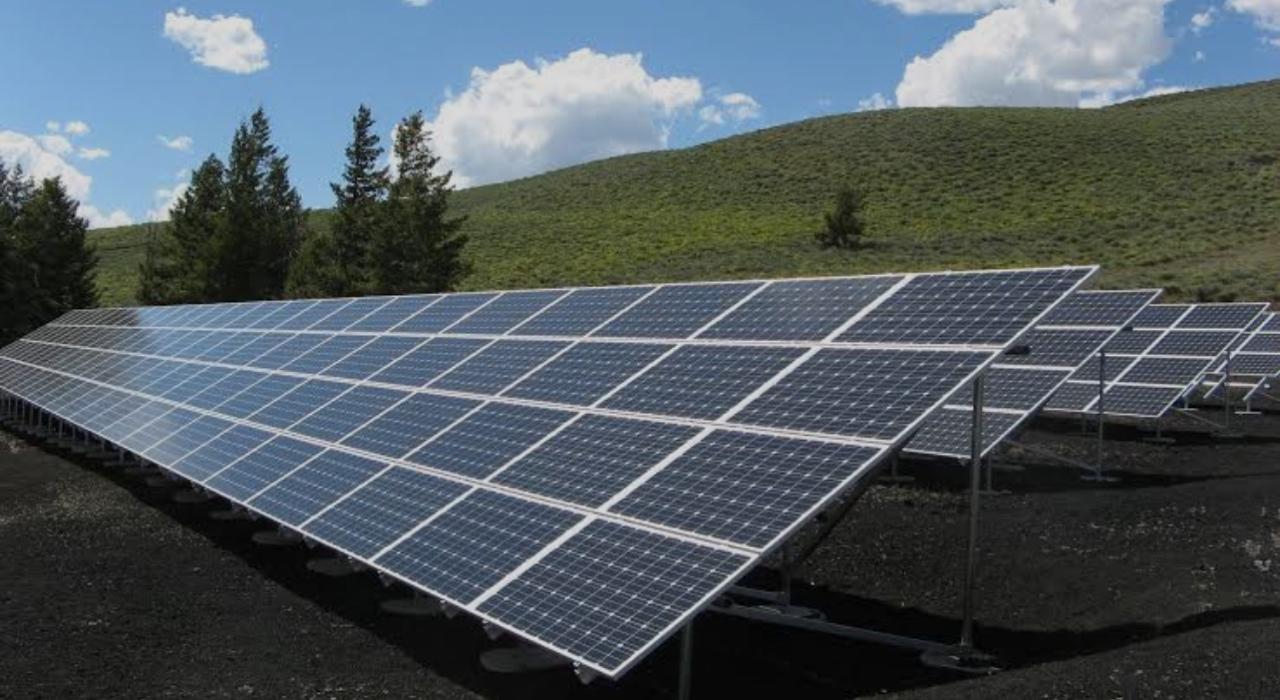Government Plans Major Shift in Solar Policy
The future of solar energy in Pakistan is heading toward a major transition. The federal government is preparing to end the net metering policy that encouraged thousands of homes and businesses to adopt solar energy.
Sources from the Power Division reveal that a new solar policy is in its final stages. It will soon be submitted for federal cabinet approval after clearance by NEPRA (National Electric Power Regulatory Authority).
Gross Metering to Replace Net Metering
According to the draft, the government plans to replace net metering with gross metering. This change will significantly affect how solar-generated electricity is sold back to the national grid.
Buyback Rate Slashed to Rs11.33 Per Unit
The new framework proposes a buyback rate of Rs11.33 per unit for electricity exported under gross metering. This is a steep drop from the current Rs27 per unit paid under net metering.
Relief for Existing Users
There is a small relief for current solar users. Those already registered under the old net metering agreements will continue to receive the higher rate and remain exempt from the new rates.
Why Is Net Metering Being Phased Out?
Power Division officials argue that net metering is financially unsustainable. They claim it has added Rs159 billion in extra costs for other electricity consumers. Roughly Rs103 billion of that stems from buying solar power at nearly double the average market rate.
By switching to gross metering, the government wants to reduce this cost burden and create a fairer system for all users.
Future Buyback Rates Tied to Tariffs
The draft policy also suggests that future solar buyback rates will be linked to one-third of the prevailing electricity tariff. This means that Rs11.33 is only a starting point and can change with time.
This change is part of a broader vision to add 8,500 megawatts of solar power to Pakistan’s national grid in the coming years.
Impact on Solar Adoption in Pakistan
The proposed shift is seen as a setback for solar energy growth. High buyback rates were a key reason people invested in solar panels. Cutting these rates in half will likely make new installations less appealing due to high upfront costs.
Final Thoughts
While the government’s intent to balance financial impacts is valid, energy experts warn that these changes could slow Pakistan’s transition to renewable energy.
If you’re planning to install solar panels, now is the time to act. Stay informed and check if you can still benefit under the current net metering policy before the new rules are implemented.






